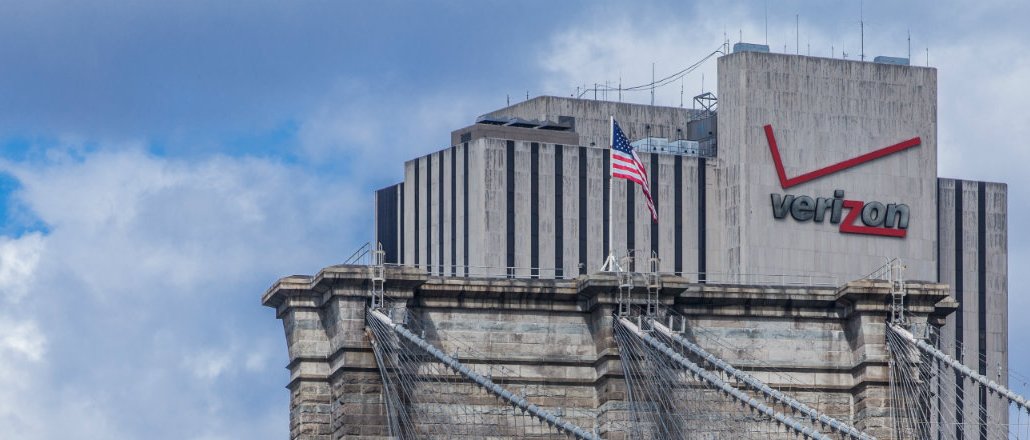Last chance to save on Digiday Publishing Summit passes is February 9
Verizon introduces new scheme that lets brands subsidize your data plan

Verizon Wireless is joining the list of carriers offering its data-hungry customers an ad-supported alternative.
Launching in beta today, the company is rolling out a scheme called “FreeBee Data” that lets deep-pocketed companies foot the bill of your data when you access their content without it counting against a monthly data limit.
The carrier says in a release that it offers customers “greater flexibility when streaming or downloading content.” That content, however, is limited to Hearst Magazines and, not surprisingly, Verizon-owned AOL being the first brands to trial it.
Verizon charges brands and publishers on a “pay-per-click” model, allowing up to 30 seconds of video to be sponsored or up to 30 minutes of audio streaming, among other options. Just like a banner ad, people who access the content will see a pop-up with a “short sponsorship text message” before being allowed in. A banner with the brand’s message will also appear in the browser or app during the usage time.
(Verizon didn’t respond to say whether if the program will work if people have ad-blockers installed on their phones.)
“In today’s digital economy, FreeBee Data is a departure from the one size fits all approach to marketing,” Verizon said in a statement. “The opportunity to add value and utility to consumers’ everyday experiences will fundamentally transform how brands and businesses connect with their customers.”
While it might sound like a good deal for customers who regularly go over their data, critics argue that it’s a blow to net neutrality since it offers an unfair advantage to brands and publishers that can’t afford to pay Verizon to attract people to these data-free zones.
The practice is also referred to as “zero rating,” where a carrier exempts certain content from being used in their data. T-Mobile, for example, has made headlines with its BingeOn program, which lets people stream Spotify and Netflix without it counting against the user’s limit.
“Verizon’s version of ‘zero rating’ creates much more distortion in favor of big-pocketed content companies, and it much more likely to create competitive barriers for non-profit sources of content such as universities, community groups, fan clubs, self-help discussion groups, Wikipedia and so on,” Jeremy Malcolm, a senior global policy analyst at the Electronic Frontier Foundation, told Digiday.
In fact, the Federal Communications Commission is meeting with companies, like T-Mobile and Comcast, that offer programs to make sure to stay “informed as to what is going on” with these ad-supported programs since the government voted in favor of supporting net neutrality last year.
More in Marketing

Albertsons is putting digital screens for ads in more than a third of its stores
The retail giant has seen enough success in its digital screen network to begin a rollout in 800 of its 2,200-plus stores in 2026.

The Australian Open wants to be ‘the Super Bowl’ for experiential beauty marketing
“Tennis is in vogue at the moment,” said Roddy Campbell, director of partnerships and international business at Tennis Australia

Dick’s invests in in-house influencers as brands seek control
Dick’s beefs up its in-house influencer program, joining brands moving to own creator relationships.





